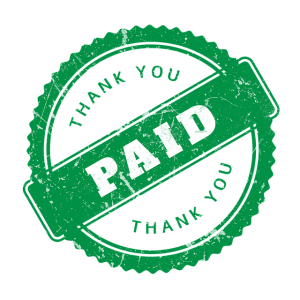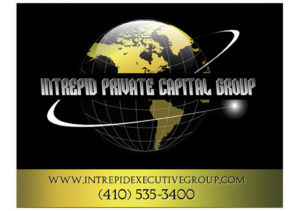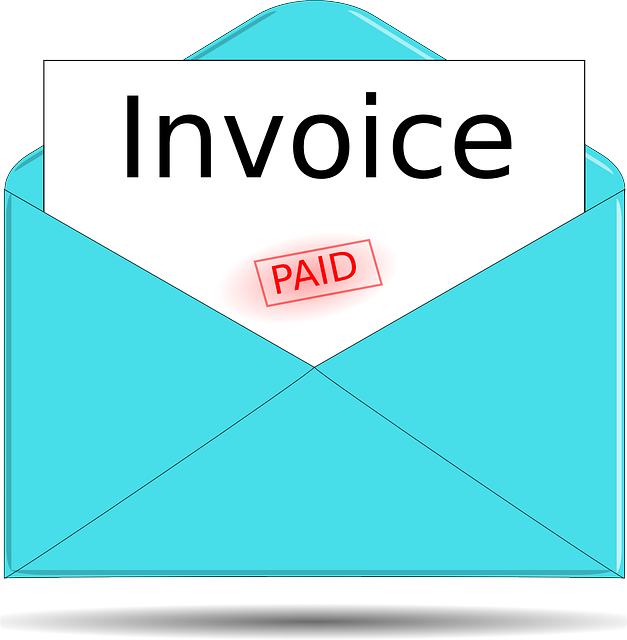Factoring loans have become a popular alternative to traditional business loans. They allow businesses of all shapes and sizes to receive financing without jumping through the hurdles associated with traditional business loans.
With a factoring loan, you can essentially sell some of your business’s unpaid invoices to a third party. Known as a factor, the third party will purchase them at a discount so that you can focus on growing your business rather than collecting payments from customers or clients. While there are different types of factoring loans, they all involve the three following parties.
Factoring Loans: Understanding the 3 Parties Involved
 #1) The Factor
#1) The Factor
The factor is the party who purchases the invoices. Some people assume that factors are lenders, but this isn’t necessarily true. They don’t actually loan money to businesses. Rather, factors purchase businesses’ unpaid invoices at a discount.
Factors make money by collecting the full amount of the unpaid invoices. They will purchase the unpaid invoice at a lower amount than their “face value.” Factors will then attempt to collect the full amount of the unpaid invoices.
#2) The Seller
The seller is the party who sells the invoices. Sellers consist of businesses that allow customers or clients to pay after their products have been delivered or their services completed. If a business needs capital and doesn’t want to take on debt, it may partner with a factor. The business can sell some or all of its unpaid invoices to the factor. The factor will purchase them at a discount, allowing for a mutually beneficial partnership.
#3) The Debtor
The debtor is the party who owes money to the business or seller. Debtors are essentially customers or clients. They are the individuals — or businesses in the case of business-to-business (B2B) companies — that purchase products or services. After making a purchase, they will receive an invoice for the purchase amount. Debtors will initially owe this money to the business from which they purchased the product or service. If the business sells some of its invoices to a factor, though, the debtors will owe this money to the factor.
 Factoring loans involve three parties: the factor, the seller and the debtor. Factors purchase unpaid invoices at a discount. Sellers sell unpaid invoices. And debtors are the customers or clients.
Factoring loans involve three parties: the factor, the seller and the debtor. Factors purchase unpaid invoices at a discount. Sellers sell unpaid invoices. And debtors are the customers or clients.
This article was brought to you by Intrepid Private Capital Group, a Global Financial Services Company. For more information on startup and business funding, or to complete a funding application, please visit our website.









+ There are no comments
Add yours